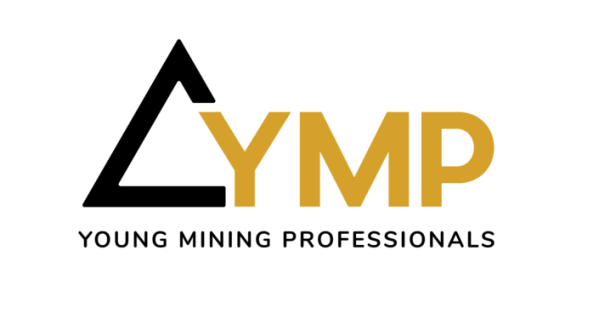VANCOUVER (Reuters) – Institutional investors hoping to profit from cobalt, this year’s high-flying metal, are buying into companies that are smaller than their usual fare to gain exposure to an industry supplying the burgeoning electric car market.
Prices for cobalt CBD0, a key ingredient in lithium-ion batteries for electric vehicles, have spiked 83 percent this year on forecasts that demand will double in the next decade as consumers switch to less-polluting cars. Nearly all cobalt, which prolongs battery life, is mined as a by-product of copper and nickel, making it difficult for investors to get direct exposure.
Much like the recent boom in lithium, another battery ingredient, cobalt’s surge has resulted from heady forecasts for ownership of electric vehicles. UBS in May said it expected them to account for 3.1 percent of global car sales in 2021 and 13.7 percent in 2025, up from 1 percent this year.
























